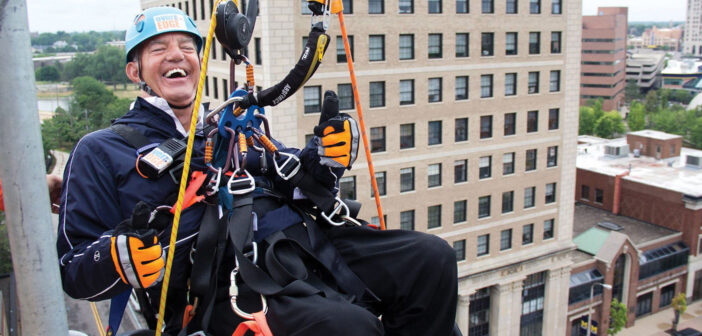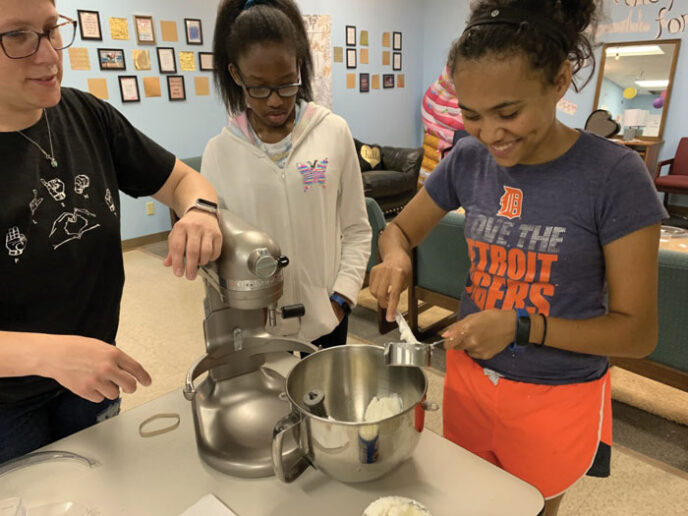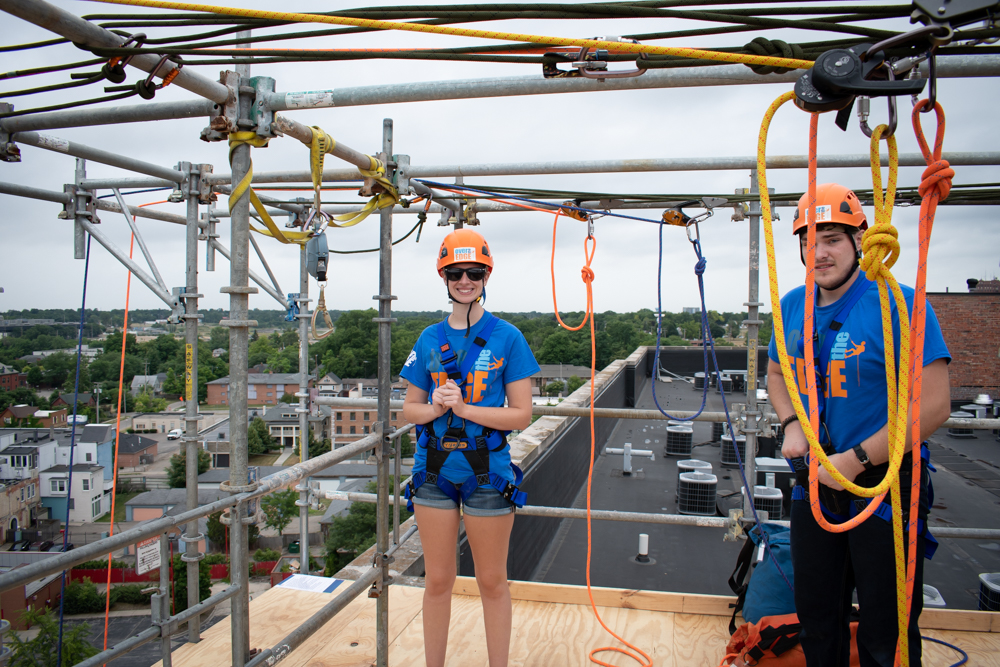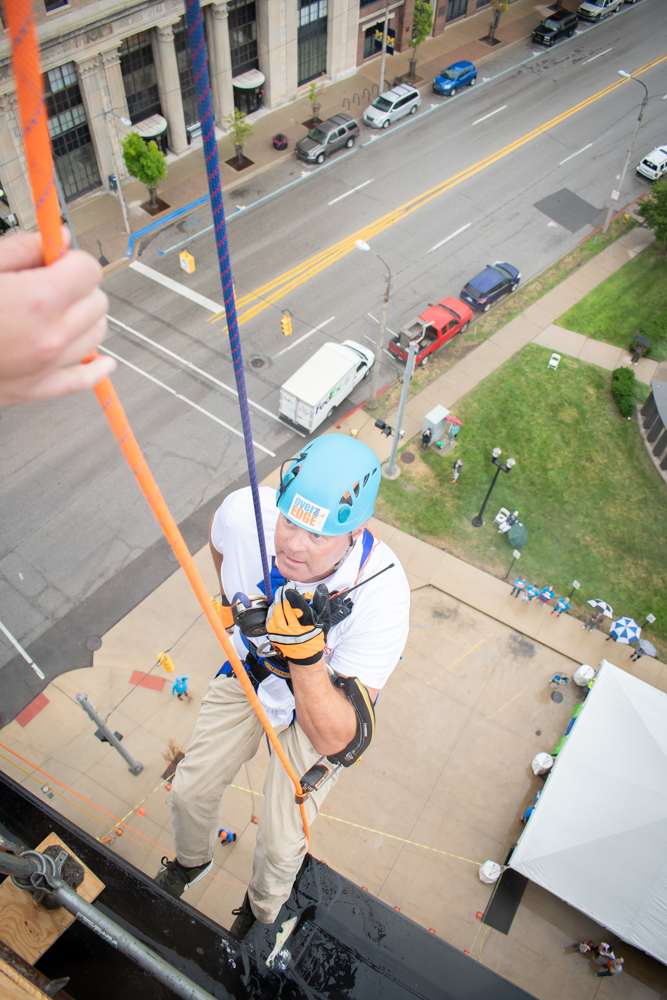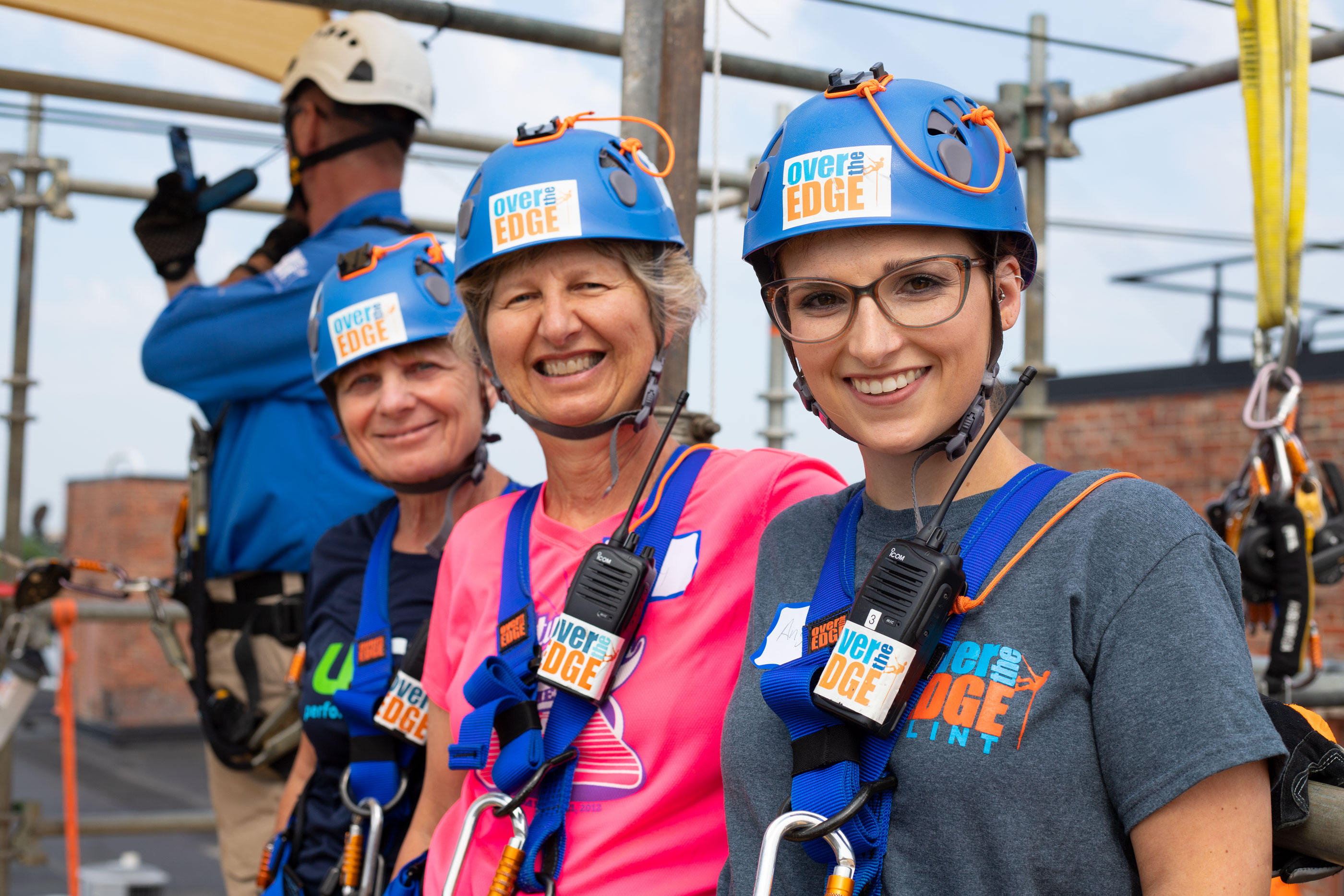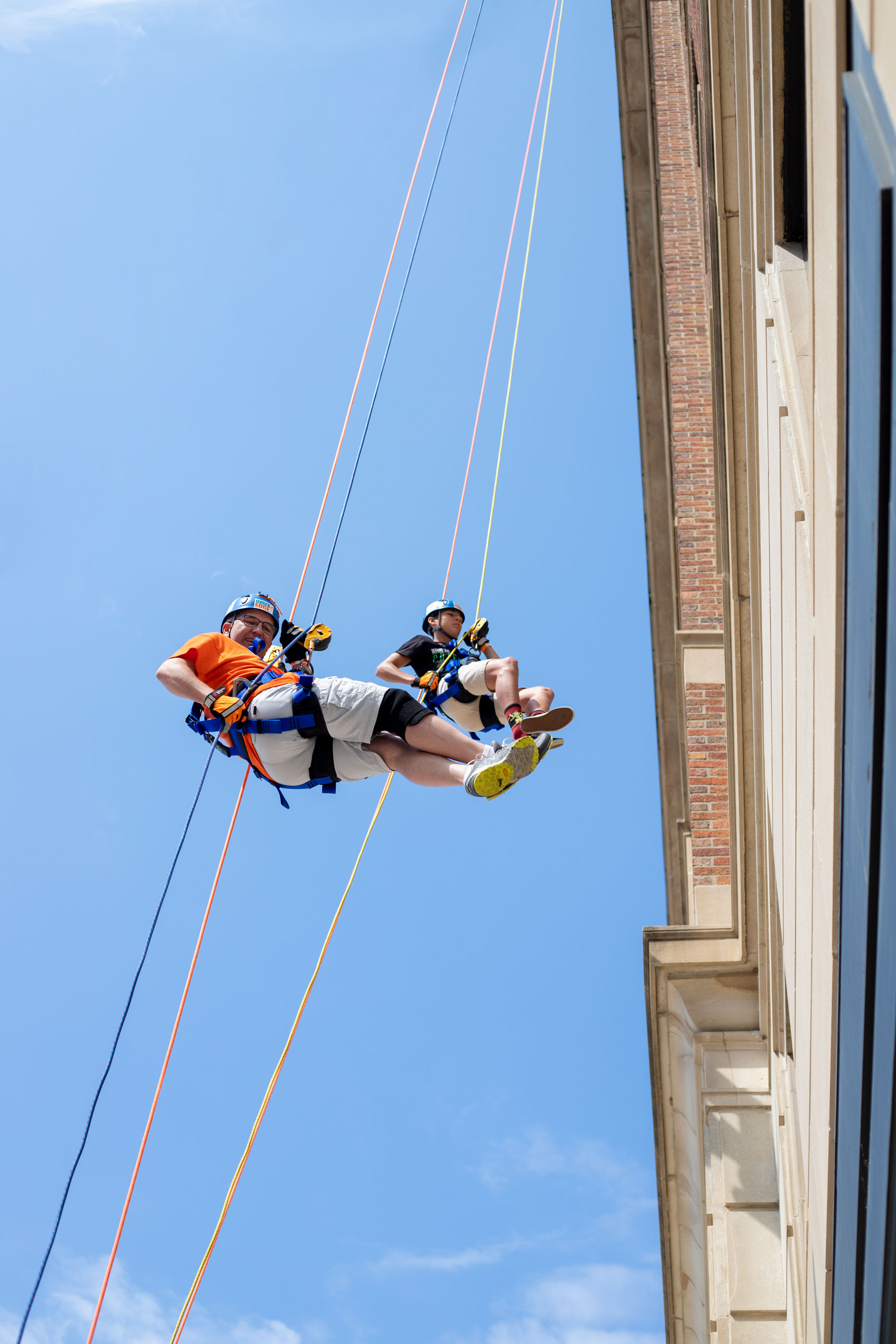Founded over three decades ago, The Disability Network (TDN) has been providing a voice for the disabled community in Greater Flint and around the country. “TDN is a grassroots organization that advocates on behalf of the disabled,” says TDN CEO, Luke Zelley. The organization was started by Mike Zelley, Luke’s father, after he attended a meeting of the Genesee County Handicapped Alliance in 1992. Of the 60 people in the room, only two (including himself) identified as disabled. He thought that the disabled community should have more robust representation in the county and quickly started TDN to fulfill that goal. Since that time, TDN helps an average of 10,000 people each year through local programming and has helped over 100,000 throughout the nation via government policy changes for which they fought and advocated.
“One of the results we are most proud of is the passing of the ‘Money Follows The Person Act’ in 2005,” says Zelley. “We worked with bill co-sponsor Dale Kildee to help get disabled individuals on Medicaid out of nursing facilities and back to their own homes. Studies show that disabled individuals placed in nursing homes live for an average of 16 months. The Act gives individuals options that could prolong their lives.” The bill authorized the Secretary of Health and Human Services to issue grants to help move Medicaid individuals to a residence of their choosing. Today, the program is Medicaid-eligible and no longer relies on federal funding. TDN continues to contact nursing homes to identify eligible persons, whether on Medicaid or not, and works to transition them to a more comfortable place.
Over time, the services at TDN have evolved to cover as many needs for the disabled as possible both in personal programs and out in the community. “Our programs are divided between the needs of the individual and what is needed for the disabled community in society,” explains Zelley. “As the understanding of the definition of disabled has evolved, our services have, as well.”
For individuals, TDN provides:
Information – TDN finds disabled individuals the resources and services they need and provides the strategies and help to make sure services are gained in the areas of housing, transportation, employment, benefits, discrimination and legal rights, needed equipment and accessibility.
Peer Support – A variety of support groups and individual counseling are available for those struggling to adapt. “Our volunteers and team members know the road those with disabilities have to travel. Our organization is unique in this respect, as 90% of our team identifies as disabled,” adds Zelley. “Nearly 85% of disabled persons are not born disabled – they become disabled and living with a disability is a big change.”
Self-Advocacy – TDN assists disabled individuals with understanding their rights in society and the workforce and trains them to be self-advocates.
Skill-Building – TDN offers empowerment, money-management and transportation training, as well as assistive technology evaluations/demonstrations and computer classes.
Ramp Installation – For people entering rehab or on hospice care, TDN provides temporary ramp installation to help them move in and out of their home. “We want to help people regain their independence and give them a sense of dignity,” says Zelley. “We currently have six ramps that were provided by the Community Foundation of Greater Flint and each person can use a ramp for up to 90 days. We currently have a 50-person wait list.”
Nursing Home Transitions Assistance – TDN provides services with the goal of transitioning disabled persons from nursing homes to the residence of their choice.

For the community, TDN provides:
Community Advocacy – TDN advocates for the disabled community members at the local, state and federal levels and pushes for policy leading to the betterment of their lives and opportunities.
Technical Assistance – Collaboration with organizations such as MTA and local Chambers of Commerce help with decisions of accessibility and programming. “For example, we often consult with contractors to inform them how to best make buildings accessible,” adds Zelley.
Outreach and Community Education – TDN works with business and organization leadership to dispel myths and uncover hidden bias against the disabled, especially disabled workers. “Disabled individuals make great employees, contrary to what we are led to believe,” says Zelley. “In Genesee County, nearly 20,000 disabled persons are not working and over 43% have a college education.” The organization also speaks at schools and other venues to educate about the disabled.
Youth Programs – Ongoing “Camp of Life” and “Wrenching” programs teach disabled teens independent living skills that will follow them throughout their lives.
Event Engagement – TDN raises awareness of the disabled and what they are capable of through community events and fundraisers such as community picnics and holiday parties, and their annual “Over the Edge” fundraiser. “Our events are very important,” explains Zelley. “We want to engage the population and show them who we are and what we can do. Over 70% of people are terrified to talk to a disabled person. Being out in the community raises the visibility of our population and can help people be more comfortable around disability.”
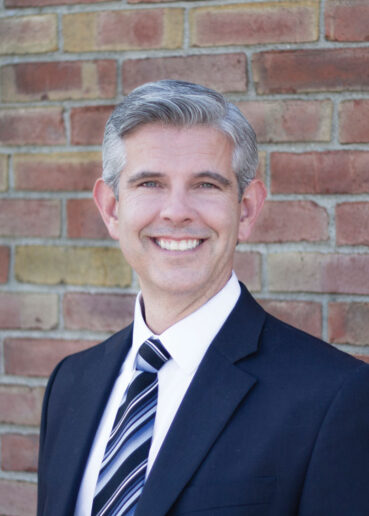 For Zelley and TDN, the community plays a big role in the success and happiness of its clientele. “To help us in our mission, the easiest thing to do is to volunteer at organizations with a goal of helping the disabled in any way,” he says. “Invite them to speak at your business, school or club and rethink disability. The definition of disability that we had in the past has now changed. Today, disability is not as visible. It includes persons with asthma, diagnosed with mental illness or ADHD, diabetes and more. Approximately 2% of people in any organization are living with a disability.”
For Zelley and TDN, the community plays a big role in the success and happiness of its clientele. “To help us in our mission, the easiest thing to do is to volunteer at organizations with a goal of helping the disabled in any way,” he says. “Invite them to speak at your business, school or club and rethink disability. The definition of disability that we had in the past has now changed. Today, disability is not as visible. It includes persons with asthma, diagnosed with mental illness or ADHD, diabetes and more. Approximately 2% of people in any organization are living with a disability.”
This coming year, TDN will move to a new, fully-accessible facility near the MTA at the corner of Dort Hwy. and Lapeer Rd.
If you are disabled and need support, The Disability Network is there to help, no documentation needed. “We are unique in that respect. Most programs require medical authorization for their services,” says Zelley. “Just contact us and we will help as best we can.” Visit disnetwork.org or call 810.742.1800.
TDN is also open for volunteers and donations. Currently, all donations received will be put toward acquiring more ramps that are in such high demand.
Photos provided by The Disability Network
For TDN’s “Over The Edge” fundraiser, brave Flint citizens, disabled and non-disabled, rappel down the side of the historic Durant building.
“Our volunteers and team members know the road those with disabilities have to travel. We are unique in this respect, as 90% of our team identifies as disabled.” Luke Zelley, TDN CEO

